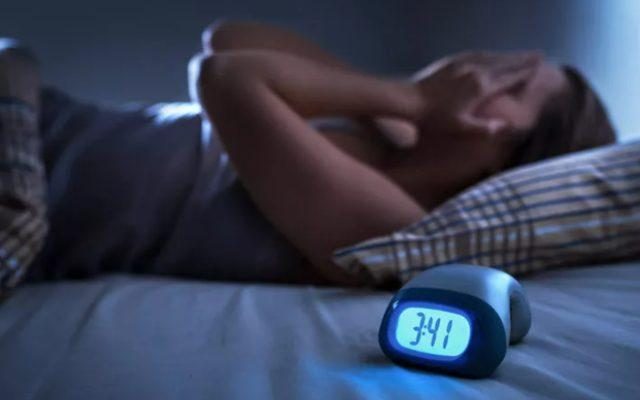A healthy sleep is among our most basic needs. It is stated at every opportunity how important sleep is for health, which ensures the recovery of the body that is tired all day long. Research on sleep shared that people who sleep less than a certain hour at night are at a much higher risk of contracting the silent killer disease.
Sleeping less than five hours a day increases the risk of blood clots by three-quarters compared to the recommended amount, according to a Swedish study. Researchers found that not closing the eyes increases the likelihood of developing peripheral artery disease, in which blood vessels in the legs become blocked.
REGULAR SLEEP REDUCES THE RISK OF DISEASE
The study tracked disease rates in 650,000 adults and compared them to how much sleep they got each night. Missing the recommended seven to nine hours of sleep put people at risk for the condition. “Sleep to eight hours a night is a good habit to reduce the risk of peripheral artery disease,” said Dr Shuai Yuan from the Karolinska Institute in Stockholm.

ATTENTION TO THE RISKS CAUSED BY THE DISEASE!
Many people in the community are unaware of their disease, despite having peripheral artery disease, which increases the risk of heart attack and stroke. This condition is more common in smokers, people with diabetes, high blood pressure or high cholesterol. Peripheral artery disease can cause leg hair loss, pain when walking, numbness, brittle toenails, and ulcers.
SLEEP PROBLEMS RANK FIRST
Previous research shows that not getting enough sleep increases the risk of heart disease, which is also caused by clogged arteries. Dr. “In addition, sleep problems are among the first complaints in patients with peripheral artery disease,” Yuan said.
RISK OF DISEASE CAN DOUBLE
The latest study, published in the European Heart Journal – Open, examined the impact of sleep habits on the condition. The researchers compared how long people slept with whether they developed the condition. They then analyzed their genetic data to assess whether sleep affects their chances of developing peripheral artery disease, or vice versa. In the initial analysis, getting less than five hours of sleep a night was associated with almost twice the risk of illness compared to seven to eight hours.

PAIN MANAGEMENT CAN PROVIDE A GOOD NIGHT SLEEP
Analysis of genetic data showed that short sleep was associated with an increased risk of disease. Dr. Yuan said: “More research is needed on how to cut the bidirectional link between short sleep and peripheral artery disease.
Lifestyle changes that help people sleep more, such as being physically active, can reduce the risk of developing peripheral artery disease. Optimizing pain management for patients with peripheral artery disease can ensure they get a good night’s sleep.”
